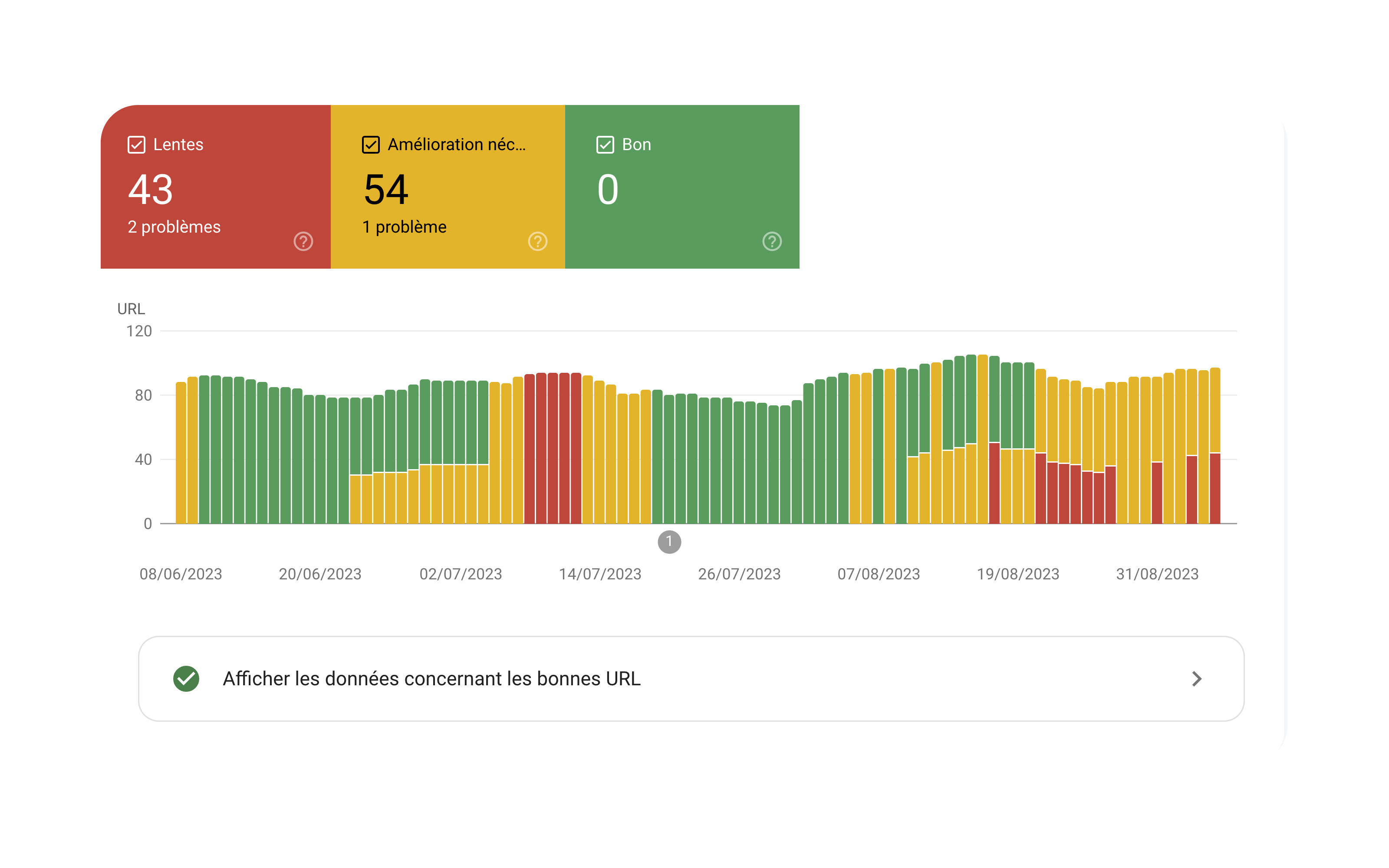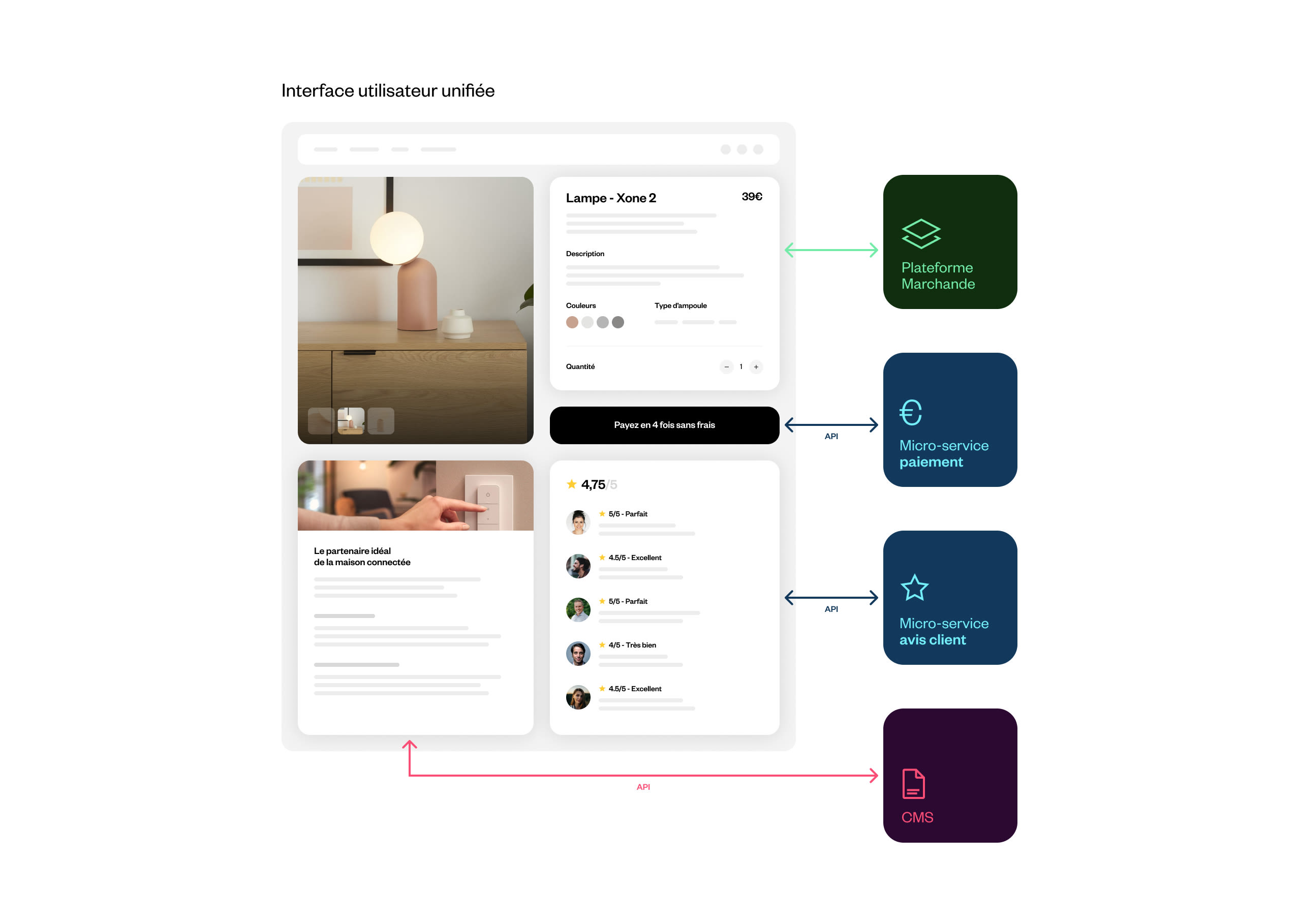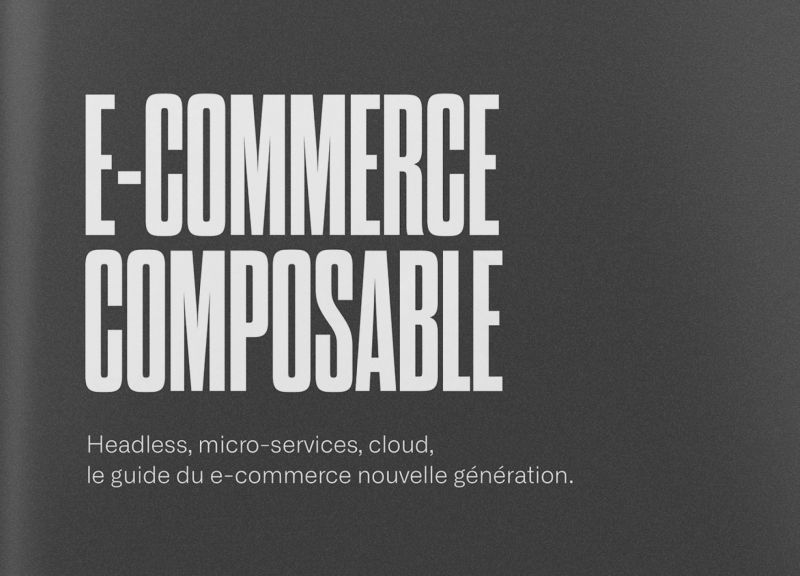How to measure your ecommerce performance ?
A simple first diagnosis can be made using Google's Search Console tool. This free monitoring service detects the vast majority of technical malfunctions that can be found on a site: page errors, ergonomic and security problems, inadequate performance. The page experience (loading time) is evaluated according to three criteria: "good", "needs improvement" or "poor".
If all your pages are categorized as "in need of improvement" or "poor", you need to take the appropriate measures if you don't want to be penalized neither by search engines algorithms. And also by your customers, who will not hesitate to definitely leave your website.

Reasons why your website is slow
There are a number of factors that can affect the performance of your website.
Apps & plug-ins
The most common mistake is overloading your website with too many applications or plugins. Shopify and traditional open-source solutions (Woocommerce, Prestashop, Magento) have driven their success with marketplaces offering hundreds of applications or plugins. This is a great opportunity to upgrade websites at an affordable cost but it can lead to potential slowdowns in page loading, and sometimes to technical failures when applications source codes affect each other.
External scripts
External services is a second likely cause. Analysis, audience measurement and marketing tools are activated with the help of scripts that run when pages are loaded. These services can sometimes take up to several seconds to load themselves. So be careful not to lose on one side (performance) what you hope to gain on the other (measuring performance to improve it).
Pictures & videos
This is a sensitive point for brands. As most of them are aspiring to immersive and rich digital experiences without compromising media quality. Loading a video as the first asset of a page can slow down the loading time of the whole page content by several seconds. However, this does not mean that large size images should be rejected. A few good optimisation practices can seriously improve performance as well as dedicated services to media processing.
The short-term solution: cleaning up
Inspect all the applications and services plugged on your website. Get rid of all those that don't add any real value to your market performance. Double check the weights of your media assets. Not seeing a clear improvement? You may need to dig a little deeper.
The long-term solution: microservices
The principle is simple: outsource and plug independent services to your shop. Modern e-commerce is moving towards a combination of technologies and specialized services, independently developed, deployed, and managed. This means that each new service never interferes with those already connected, resulting in a more stable, high-performance ecommerce architecture.
Good practice: rather than adding a search plug-in on your shop, you can connect an external search system that provides with the same functionality (if not better).

Ecommerce platforms for microservices-based architecture
Shopify and Shopify Plus
The best-known and probably the most popular : Shopify is a highly flexible platform capable of meeting the needs from small to global brands. You can find our dedicated Shopify services on our website as well as a presentation of Shopify Plus.
Centra
Centra is a DTC and wholesale commerce platform. We appreciate Centra for their built-in tools for lifestyle and fashion brands : multiple markets, PIM, digital wholesale, showroom. Ultrō is a Centra's partner agency for Europe. Here are a few projects we designed based on Centra.
Microservices to improve your ecommerce performance
Images and videos
It is possible to use an external service to automatically resize and manage media processing. Tools such as TwicPics, Cloudinary and Imgix have successfully specialized in those complex issues. Save yourself from a tedious, energy-consuming task, while being guaranteed high-quality visuals served up in milliseconds.
Search
«Search as a Service » solutions such as Algolia, Doofinder ou Meilisearch optimize customer's search experience without slowing down your website.
Hosting
Clouds hosting makes good on its promises : servers multiplication around the world is producing excellent results in terms of access and loading times. However, building your own cloud architecture remains an arduous task. That's why we rely on next-generation and highly scalable solutions such as Vercel or Netlify. Shopify also offers its own hosting infrastructure available to all Shopify customers : Oxygen.
Statistiques
Google Analytics and Google Tag Manager are both essential services when it comes to audience and conversion. However, running these scripts on your website may have an impact on performance. Some alternatives exist. We appreciate both Plausible and Fathom as they are reliable solutions and they don't require any cookies consent banner. If you have no other choice than tracking your customers with Google Analytics because of campaigns purpose, Addingwell is a service you should know. Addingwell manages Google Analytics scripts server-side instead of running them directly from the browser. Fewer measurement tags in a website or app mean less code to run client-side. That means a lot of benefits like increased conversion rates, page views, search engine rankings.
Ready to dive ?
Article created on . Edited on .

